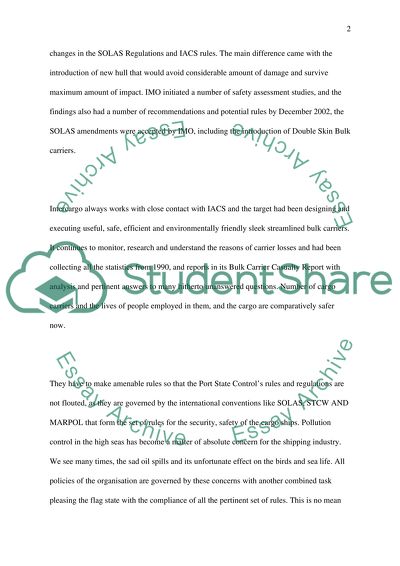Cite this document
(“Marine Organisation Essay Example | Topics and Well Written Essays - 2250 words - 1”, n.d.)
Retrieved from https://studentshare.org/miscellaneous/1536101-marine-organisation
Retrieved from https://studentshare.org/miscellaneous/1536101-marine-organisation
(Marine Organisation Essay Example | Topics and Well Written Essays - 2250 Words - 1)
https://studentshare.org/miscellaneous/1536101-marine-organisation.
https://studentshare.org/miscellaneous/1536101-marine-organisation.
“Marine Organisation Essay Example | Topics and Well Written Essays - 2250 Words - 1”, n.d. https://studentshare.org/miscellaneous/1536101-marine-organisation.


